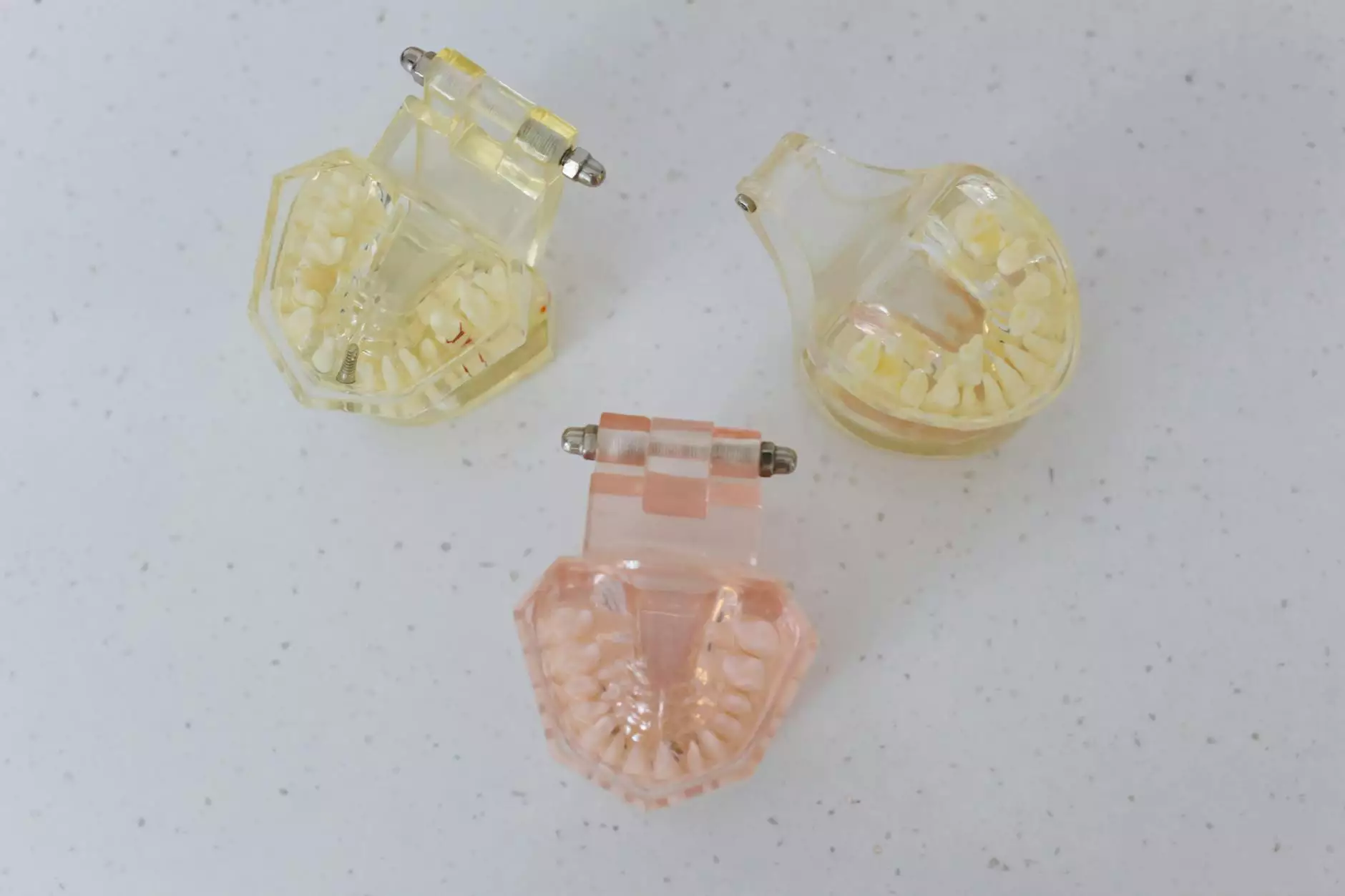The Essential Role of **Neurosurgical Instruments** in Modern Medicine

In the field of medicine, neurosurgical instruments have carved a niche that is both critical and complex. As intricate as the human brain itself, these specialized tools are designed to assist neurosurgeons in performing delicate and life-saving procedures. In this article, we will explore the key types, uses, and advancements in neurosurgical instruments, and why they are indispensable in the medical field.
What Are Neurosurgical Instruments?
Neurosurgical instruments are specialized tools used by neurosurgeons to manipulate, repair, and analyze various structures of the nervous system, including the brain and spinal cord. These instruments come in various forms, each designed for specific functions. Some common types include:
- Scalpels: Used for making incisions in the skin and deeper tissues.
- Forceps: Essential for grasping and holding delicate tissues.
- Scissors: Specialized for cutting tissues with precision.
- Needles and Suture Materials: Necessary for suturing incisions after surgery.
- Retractors: Designed to hold back tissues to provide better visibility and access.
- Drills: Utilized for opening the skull during craniotomies.
- Electrocautery Devices: Used for cutting tissue and coagulating blood vessels.
The Importance of High-Quality Neurosurgical Instruments
The effectiveness of neurosurgical procedures heavily relies on the quality and precision of the instruments used. High-quality neurosurgical instruments ensure that surgeries can be completed safely and effectively, enhancing patient outcomes. The benefits of using top-tier instruments include:
1. Precision and Accuracy
Neurosurgery requires an unparalleled level of precision. High-quality instruments are engineered to ensure that every incision and maneuver can be executed with the utmost accuracy. This precision is vital in avoiding damage to critical structures within the nervous system.
2. Enhanced Ergonomics
Many modern neurosurgical instruments are designed with ergonomics in mind. This attention to detail helps reduce surgeon fatigue, allowing for prolonged focus during complex procedures, ultimately leading to better patient care.
3. Durability and Reliability
Durable instruments made from high-quality materials withstand the rigors of repeated use, maintaining their precision and effectiveness over time. Reliability is crucial in surgical settings, where there is no room for error.
Advancements in Neurosurgical Instruments
The field of neurosurgery is continually evolving, with advancements in technology leading to the development of innovative neurosurgical instruments. These advancements aim to improve surgical techniques, reduce recovery times, and increase overall patient safety. Some notable trends include:
1. Minimally Invasive Techniques
With the rise of minimally invasive surgery, instruments have been developed to allow neurosurgeons to perform complex procedures through smaller incisions. This advancement leads to reduced trauma, shorter recovery times, and less scarring for patients.
2. Robotics and Automation
The integration of robotic systems into neurosurgery has revolutionized the field. These systems can provide surgeons with enhanced precision and the ability to perform complex maneuvers that may be challenging to execute by hand. Robotic-assisted techniques are becoming more prevalent, indicating a promising future for neurosurgical procedures.
3. Advanced Imaging Techniques
Technologies such as intraoperative MRI (Magnetic Resonance Imaging) and CT scans allow neurosurgeons to view the surgical area in real time. Instruments designed to work in conjunction with these imaging methods are essential for accurate decision-making during procedures.
Considerations for Choosing Neurosurgical Instruments
When selecting neurosurgical instruments, several factors should be considered to ensure their effectiveness and suitability for various procedures. These factors include:
- Materials: Instruments should be made from high-quality, sterilizable materials that resist corrosion and wear.
- Design: The design of the instruments must facilitate ease of use and control in delicate neurological procedures.
- Brand Reputation: Consider manufacturers known for producing reliable and effective medical instruments.
- Regulatory Compliance: Ensure that the instruments meet necessary medical regulations and standards.
Types of Procedures Utilizing Neurosurgical Instruments
Neurosurgical instruments are utilized in a variety of procedures that address conditions affecting the brain and spinal cord. Some common procedures include:
1. Craniotomy
A craniotomy involves removing a portion of the skull to access the brain. This procedure is often necessitated by conditions such as brain tumors, traumatic brain injuries, and aneurysms. Instruments like scalpels, drills, and retractors are essential in this operation.
2. Spinal Surgery
Surgery on the spine may include fusions, discectomies, and decompressions. Specialized instruments designed for spinal manipulation help ensure safe access to the spinal cord and surrounding structures.
3. Stereotactic Surgery
This advanced technique uses 3D imaging to guide instruments to specific brain targets. Stereotactic frames and specialized needles are critical in providing precise delivery of treatments such as biopsies or radiation therapy.
Choosing New Med Instruments for Your Neurosurgical Instruments Needs
At New Med Instruments, we are dedicated to providing high-quality neurosurgical instruments that meet the needs of modern neurosurgery. Our commitment to excellence ensures that our products enhance surgical outcomes and patient safety.
Why Choose New Med Instruments?
- Quality Assurance: We adhere to the highest quality standards in our manufacturing processes.
- Wide Range of Instruments: Our catalog includes a diverse selection tailored to various surgical needs.
- Expert Guidance: Our team is here to assist you in selecting the right instruments for your practice.
- Commitment to Innovation: We continually update our inventory with the latest advancements in the field.
Conclusion
In conclusion, neurosurgical instruments play a pivotal role in the success of neurosurgeries, impacting the lives of countless patients. Their design, quality, and functionality are integral to the intricate and delicate procedures that neurosurgeons perform. As the field continues to evolve with technology and innovation, it is crucial to rely on instruments that facilitate precision and safety. Explore our extensive range of neurosurgical instruments at New Med Instruments and elevate your surgical practice.









